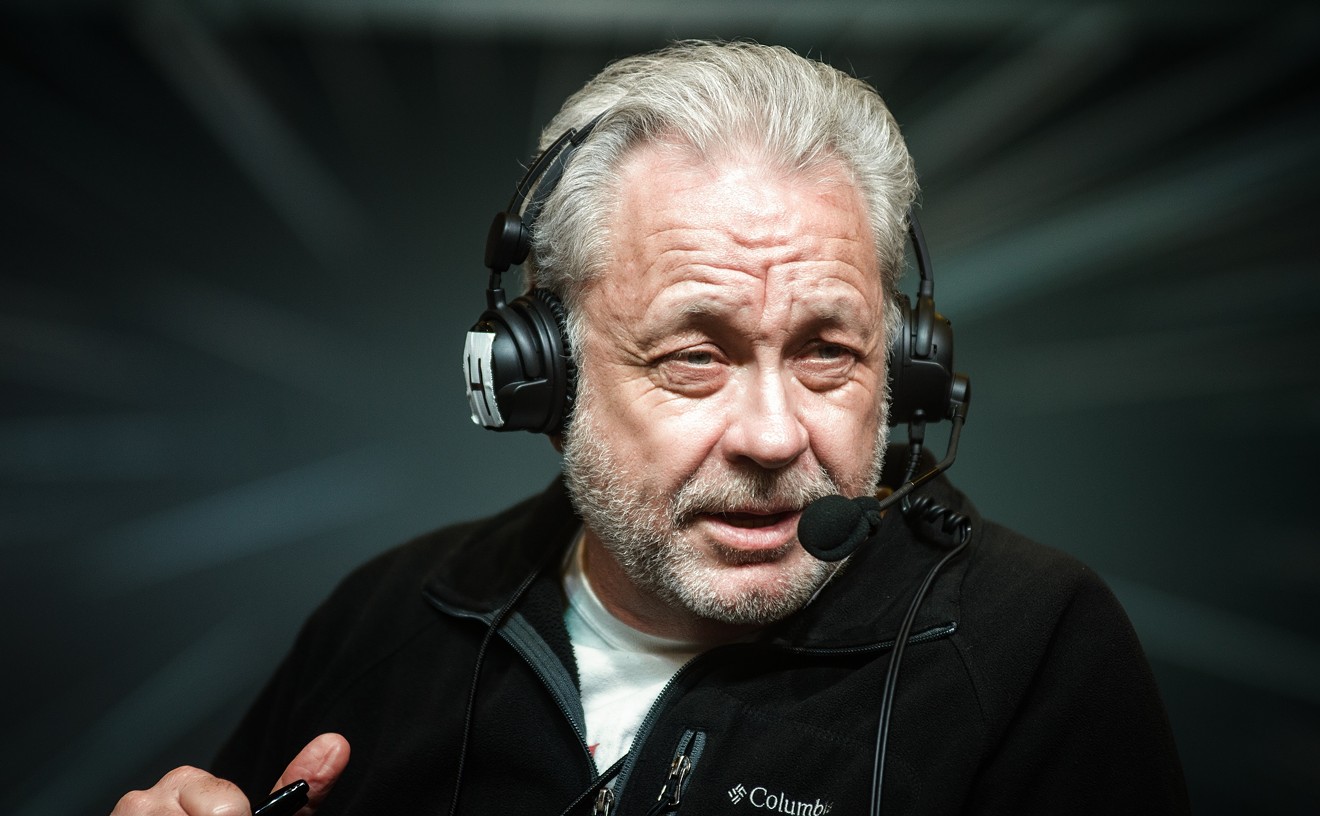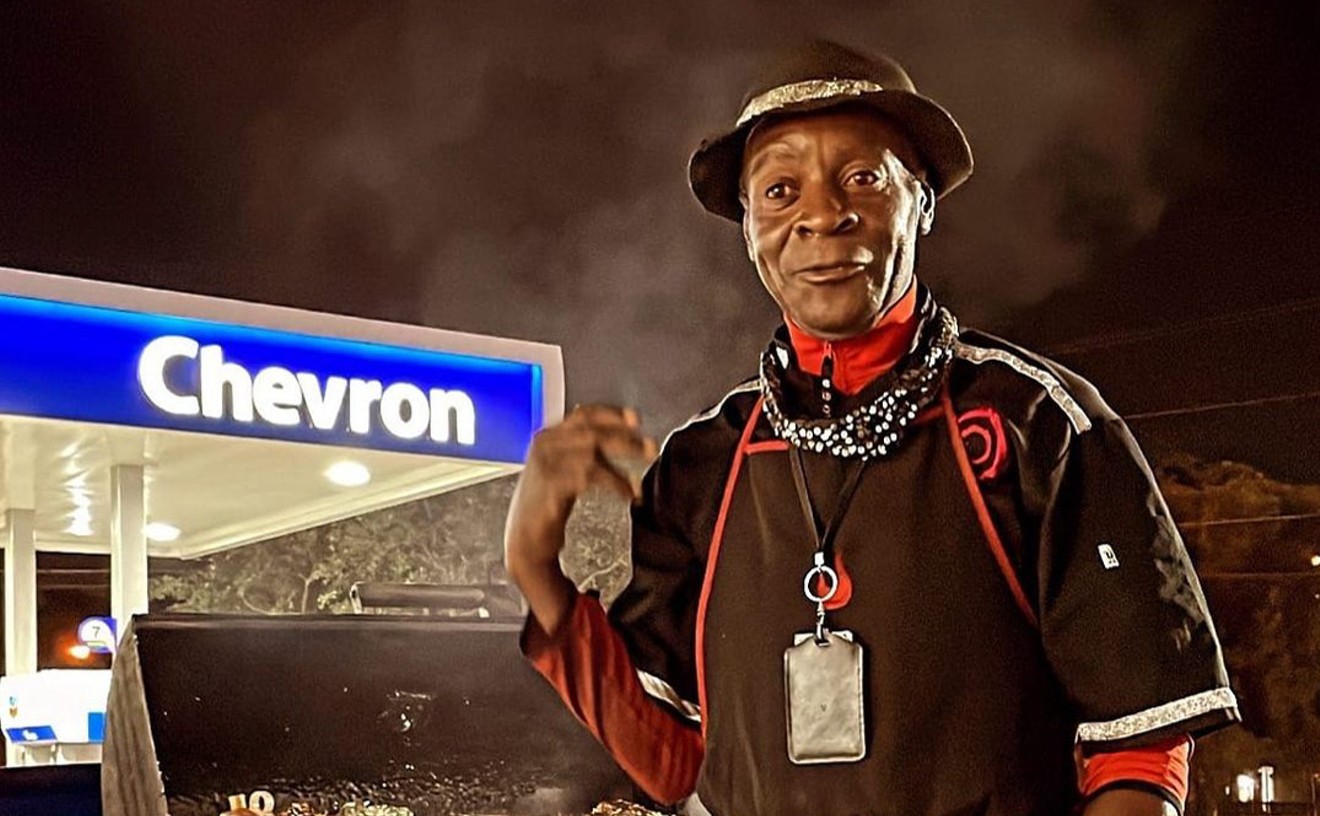In Gillies MacKinnon's Hideous Kinky (the rather misleading title comes from a pet phrase of children) we get a huge spoonful of the new political castor oil. The film's protagonist is a pretty Englishwoman named Julia (Titanic's Kate Winslet) who, in 1972 (still the '60s at heart), has left her philandering poet-husband back in gray London while she traipses around romantic Marrakesh in search of pure joy and the answers to life's big questions. She takes up with a local street acrobat named Bilal (Said Taghmaoui), smokes some dynamite hash, and decides that her real calling is Sufi dancing. Liberated from uptight British culture and set loose in a mystical desert paradise, she's about to discover her authentic self.
Except for a couple of impediments: Julia barely has a shilling in her tie-dyes, and, consequences be damned, she's hauled her two young daughters along with her to Morocco. "I'll do as I please!" she bellows, the rebel as overgrown fifth-grader. She immediately recalls the heroine of another new movie, A Walk on the Moon, in which an unhappily married mother runs away from a resort in the Catskills in the summer of 1969 and finds momentary bliss at the Woodstock festival.
The press notes for Hideous Kinky, which has been adapted from a novel by Esther Freud (a great-granddaughter of Sigmund), call it "a sonnet to an exotic culture, a love story between people of different worlds, and a paean to a mother's quest to gift her children with the courage of dreams." These are curious claims. In truth, the film makes a great deal of Julia's irresponsibility as a mother and her naivete as a seeker of truth. With her flowing tresses and wide-eyed wonder, Julia comes off less as a spiritual adventurer than as the quintessential hippie chick who just happens to be carrying a couple of extra items in her rucksack--namely 6-year-old Lucy (Carrie Mullan) and 8-year-old Bea (Bella Riza). More than once, when she's earnestly trying to unlock the secrets of Northern Africa, an amused Moroccan looks at her as though she's some kind of lunatic.
While Richie Havens and Grace Slick warble '60s anthems on the soundtrack, Julia gets naked with her new boyfriend, makes noises about joining something called "the school of the annihilation of the ego" (while failing to grasp what a significant act of ego that entails), and hitchhikes off to Algiers--one kid in tow, the other left carelessly behind--to confer with a wise Sufi sheikh about her future.
Meanwhile, the older daughter turns out to be no one's fool. While Mum is busy looking for the blinding light, little Bea, feet on the ground, is absorbing new influences more naturally: "I don't need another adventure," she scolds her mother, their roles now reversed. "I need to go to school. I need to learn things."
What things do we learn from Julia's muddled quest? Just as the nouveau orthodoxy about the '60s would have it, we come to understand (as if we didn't already) that Timothy Leary may have been wrong: Turning on, tuning in, and dropping out may not be answers to all the world's ills. We see--again--that romanticizing the '60s is a fool's errand: Neither the talky sentimentalists of The Big Chill nor the diehard mythologist Oliver Stone, with his Doors and his Born on the Fourth of July, have got it right about an era of excess and self-absorption. We see that Julia's whirling around the town square in a trance will probably not transform a steak-and-kidney-pie-eating English girl into a goddess of truth. Hey, just ask her kids: They throw up when Mum forces a can of fetid sardines on them because there's nothing else in the larder.
This is a beautifully acted movie. Following her screamy, sodden voyage aboard the doomed ship, Winslet has returned to the nuanced style she showed in Heavenly Creatures and Sense and Sensibility. It's sensitively directed by MacKinnon (A Simple Twist of Fate), and there's a stirring soundtrack featuring equal parts classic rock and Moroccan folk music. Director of photography John de Borman has gorgeously shot the film. But in the end it doesn't quite cut it. How many more books and movies, exactly, need to gaze upon the '60s, with all the advantages of hindsight, and find them lacking? Don't we already know about the illusions and delusions of that time, its several authentic breakthroughs in social behavior and mores?
Maybe it's all those graying Deadheads, every one burbling about Saint Jerry, who have enflamed a new generation of writers and moviemakers to diss the '60s. Maybe it's the soaring stock market, which has turned the fervent anti-capitalists of yore into Mercedes-Benz owners. More likely it's simply the process of time and the cycle of history which brings with it the erosion of myth--before that same myth, sometimes later, is inevitably revived.
In any event, Julia and her brood return to London, if not wiser then better-traveled, to resume their lives without benefit of Sufi dancing. So be it. It's almost 1973, after all, time to don doubleknits and set out for the local disco.
--Bill Gallo
Hideous Kinky.
Directed by Gillies MacKinnon. Screenplay by Billy MacKinnon, from a novel by Esther Freud. Starring Kate Winslet, Said Taghmaoui, Bella Riza, and Carrie Mullan. Now playing.










